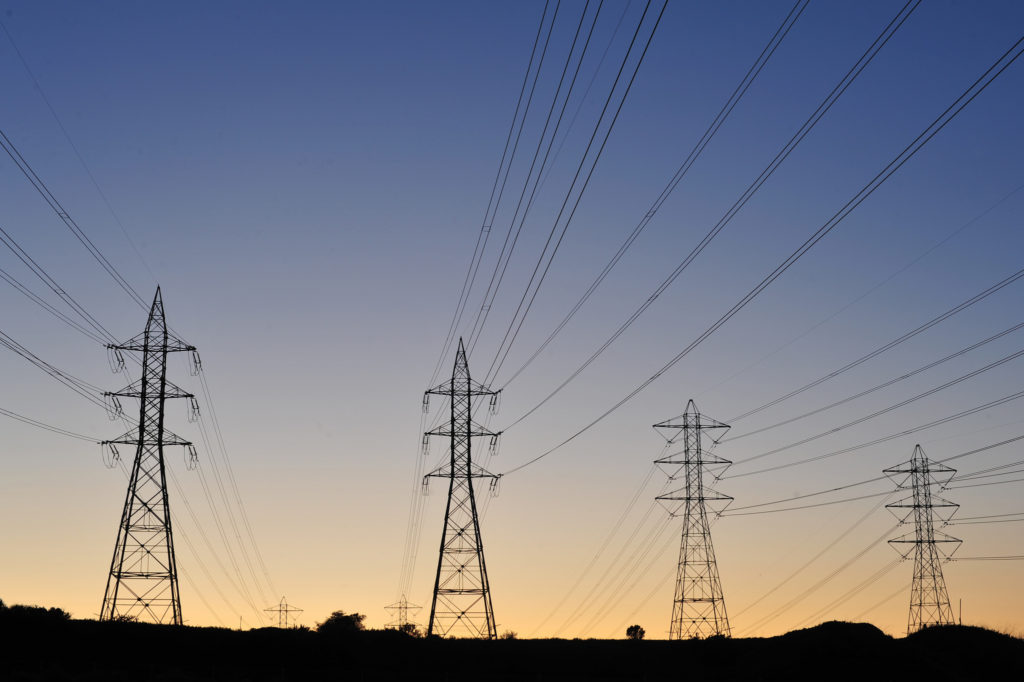Nowadays, it has become quite common to hear Virginians bellow and criticize how much they pay for utilities per month, whether it be electricity, gas, cable, or water. However, the one “utility” that warrants complaint is actually Internet service.
While New York City can be characterized with “the rent is too d*** high!” Virginia’s contention is with Internet bills.
According to a study published by Move.org, Virginia has the third-highest Internet bills in the country.
The analysis posted the national average paid per month for utilities:
Electricity: $125.22
Natural Gas: $100.53
Internet: (60 megabytes per second): $62.33
Cable: $100
Water: $40
Total Cost: $422.08
When it comes to the Commonwealth, people are paying $430.41 per month for utilities. While it is a few bucks above the national average, it is below the median of all states, ranking 21st nationally in overall utility rates paid per month.
For electricity – a touchy subject for some – Virginia comes in at slightly below the national average for electricity rates at $110.60 per month, ranking in 26th place. Regarding natural gas, the state is slightly above average in payments made per month with a fee of $104.81, leading Virginia to rank 22nd in the U.S.
The analysis does exclude cable and water because state-by-state data is currently unavailable. Nevertheless, the national average was used for each state to calculate the Commonwealth-wide total bill.
The trend of tracking just above or just below the national average, however, comes to an end there.
Virginians, on average, pay $75 per month for 60 megabyte per second Internet access.
While this may not seem like a big price to pay for most web surfers, the Commonwealth is ranked number three in the nation for the highest Internet bills. The only states paying more are Alaska and Rhode Island.
As lawmakers in the General Assembly mull over how to spread access to broadband Internet services in rural areas, there may come a time when they have to address everyone’s bills.

